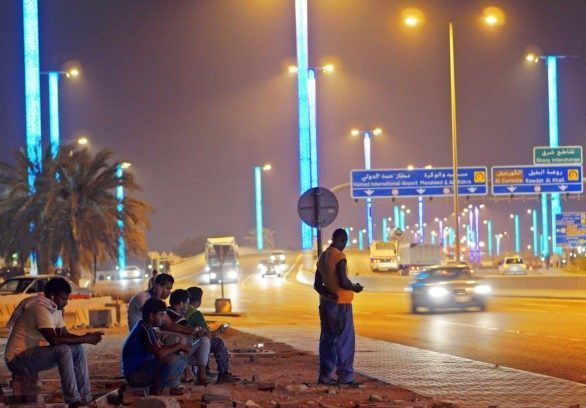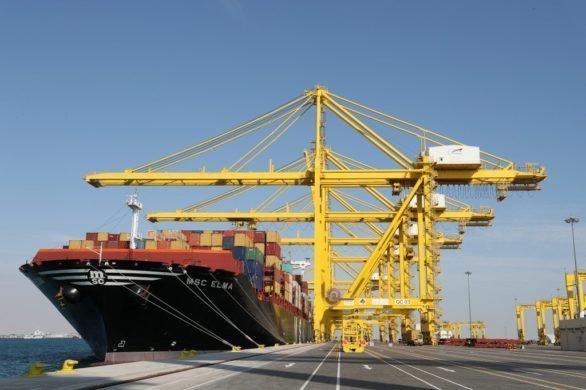
The ongoing Gulf crisis has slowed down business for some Qatar companies, prompting them to put their staffers on unpaid leave in their home countries, according to a rights group.
Employees in the hospitality, construction and shipping industries have been particularly hard hit by the boycott against Qatar, says Migrant-Rights.org in a report this week.
The dispute with Egypt, Saudi Arabia, the UAE and Bahrain is now entering its third month.

While Qatar has worked out other (albeit more expensive) ways of getting food and medicine into the country, the blockade still cuts in different ways.
Hotel slowdown
For example, lower visitor numbers are hurting hotels, which are now furloughing employees to keep costs down.
Speaking to Migrant Rights, one kitchen staffer at a “five-star” establishment said:
“Initially, the hotel management asked which of us wishes to go on six months unpaid leave, due to lack of guests. Then later they told some employees to take three months extra leave in addition to our annual leave. Many have been sent on at least two months of unpaid leave.”

When asked for comment, the general manager of the unnamed hotel conceded that the boycott has hit business.
But he added that workers were not forced to go on extended leave. Rather, all staff was scheduled into an unpaid leave rotation due to the current situation.
“We think this is a happy solution for both the hotel and the employees. They get to spend more time with their family,” he said.
Transport companies
Meanwhile, Al Jazeera spoke to local companies that transport goods this week. Many said they have been languishing since the boycott began and Qatar’s only land border was closed.
“We’ve been affected since the first minute,” said Saeed Fadal Ali Al-Kaabi, director of Al Fadal Transport and Trading.
“We are losing money and work is very slow,” he said. “We’re hardly using any trucks.”
So far, there are no signs that the boycott is ending any time soon.
If it doesn’t, economist Khalid Al Khater told Al Jazeera that consumer confidence is the biggest thing that will suffer.
Has your company been affected by the dispute, or is it business as usual? Thoughts?






